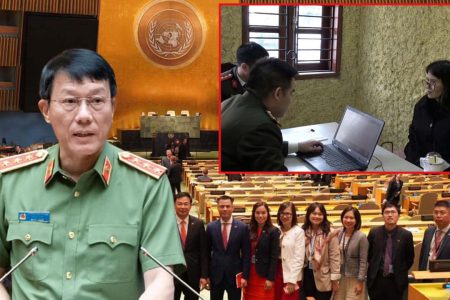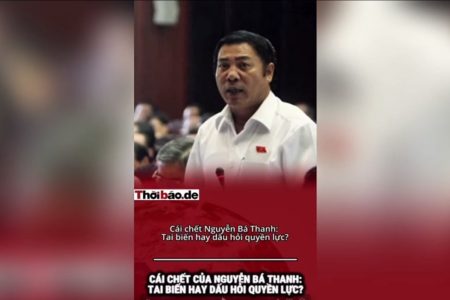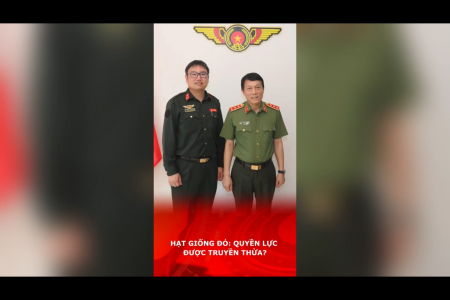
Vietnam continues to be among the „focus“ countries of the latest US State Department’s wildlife trade report, as it is still considered a major source and transit point for the wildlife trade of the world.
The report „2021 END Wildlife Trafficking“ of the US State Department released on November 4 said that Vietnam is among the 28 countries considered „the focus“ after failing to achieve progress in improving legislation or enforcing efforts to combat illegal wildlife trade.
The US State Department said that, after consulting with the Departments of the Interior and Department of Commerce and the United States Agency for International Development (USAID), they have agreed that all 28 countries are listed as „critical countries at the END Act Report 2020, including Vietnam, should continue to be on this list.
According to a report issued by the US State Department of Oceans, Environment, and Science, each of the countries listed in the former „focus“ group continues to be either a major source of wildlife trade products or their by-products, either as a major transit point for wildlife trade products or their by-products or as a consumer of these products.
The report is submitted to the US Congress, which reviews US aid to partner countries around the world. Vietnam is among the recipients of aid from the US, totaling more than $1.8 billion over the past 20 years, according to USAID.
Since 2017, a wildlife trade task force led by the heads of the US Departments of State, Interior, and Justice brings together 17 departments and federal government agencies to implement the National Strategy Against Wildlife Trafficking. The task force assesses whether governments around the world are taking steps to improve laws, regulations, and/or enforcement efforts to combat the illegal wildlife trade, according to the US State Department.
There are 26 countries that were initially identified as “focus” in the 2017 and 2018 reports. The 2019 report adds two more to this list. The 2020 and 2021 reports keep the 28 countries on the „focus“ list.
Vietnam is considered a hot spot for wildlife consumption and transshipment, according to conservation experts and ministries of Natural Resources and Environment at an online discussion calling for wild animal protection was recorded by Lao Dong newspaper in early September this year. The report of the International Environmental Investigation Agency (EIA) in 2019 cited by this newspaper said that Vietnam caught more than 600 cases related to illegal wildlife trade in the period from 2004 to 2019. Among them are more than 105 tons of ivory, 1.69 tons of rhino horn, and other products of tigers and pangolins, which the Vietnamese believe help cure diseases and support health.
USAID over the past five years has supported the Vietnamese government to improve and harmonize the legal system related to wildlife protection, strengthen law enforcement, and prosecute wildlife crimes intended to reduce the demand for illegal consumption of these products. According to a USAID released in August, the prosecution rate for wildlife arrests in Vietnam increased from 25% in 2018 to 75% in 2021. Still, according to USAID, the rate of buyers of ivory decreased from 16% in 2018 to 9% in 2021, and the proportion of buyers of rhino horn and pangolin scales also fell from 8% in 2018 to 6% in 2021.
However, these efforts of Vietnam do not seem to be enough to be removed from the list of „focus“ countries by the US. This designation, according to the US State Department, will contribute to increasing attention to combating wildlife trafficking in countries that are considered “focal.” Of the 28 focus countries, the department identified six, including Cambodia, Cameroon, the Democratic Republic of the Congo, Laos, Madagascar, and Nigeria, as „of concern.“
The US State Department considers that wildlife trade continues to be a serious transnational criminal activity that threatens security, economic prosperity, regulation, long-term conservation efforts, and even human health.
Thoibao.de (Translated)


























